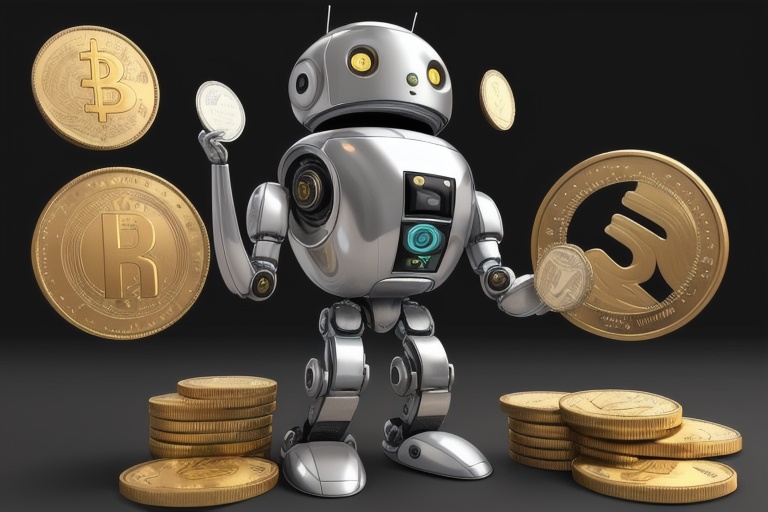Artificial intelligence (AI) and machine learning are reshaping the way we perceive technology and its capabilities. These technological marvels have become increasingly entwined in our daily lives, yet many people might not fully grasp their nuances. To clarify, AI embodies the broader concept of machines performing tasks in a manner akin to human intelligence. Machine learning, a significant branch of AI, focuses specifically on algorithms and systems that learn and improve from experience and data, without being explicitly programmed for each task.
Artificial intelligence (AI) and machine learning are reshaping the way we perceive technology and its capabilities. These technological marvels have become increasingly entwined in our daily lives, yet many people might not fully grasp their nuances. To clarify, AI embodies the broader concept of machines performing tasks in a manner akin to human intelligence. Machine learning, a significant branch of AI, focuses specifically on algorithms and systems that learn and improve from experience and data, without being explicitly programmed for each task.
Software developers and computer programmers lie at the heart of AI system creation. They bring forth AI's transformative power by wielding tools and techniques such as deep learning, neural networks, computer vision, and natural language processing (NLP). Through the integration of these advanced methods, machines can analyze data, solve intricate problems, and carry out complex tasks with an efficiency that rivals human capability. This synergy of skills and technology propels computers beyond rudimentary tasks, enabling machines to understand and interact with the world in ever more sophisticated ways.
Transforming Industries through AI and Machine Learning
The impact of AI and machine learning across industries cannot be overstated—they possess the potential to overhaul how businesses operate. These technologies analyze extensive datasets quickly and with precision, paving the way for data-driven decisions. For example, in manufacturing, AI systems optimize production flows to increase efficiency, detect defects with greater accuracy, and predict equipment failures before they occur. In banking, algorithms analyze customer data to detect fraudulent activity and automate tasks, like loan approvals, based on intricate decision-making matrices. The healthcare sector benefits as AI assists in diagnostic processes, tailors patient treatment plans with precision medicine, and manages administrative tasks to reduce costs.
The capabilities of AI and machine learning to analyze and leverage data are transforming mundane and repetitive processes into automated, efficient operations. Both technologies fine-tune decision-making and uncover insights that would otherwise remain hidden in the noise of information overload, thus enabling organizations to offer improved customer services and to innovate continually.
Unlocking Career Opportunities in AI
The ubiquity of AI and machine learning in business and technology realms creates a demand for skilled professionals armed with the knowledge to navigate these complex fields. Educational programs, like the Artificial Intelligence executive certificate program offered by Columbia University, are crafted to meet this demand. These programs prepare individuals to apply AI and machine learning concepts effectively within their organizations, crafting a competitive edge in a rapidly evolving marketplace. Participants emerge equipped with a deeper understanding of AI's applications and the strategic insights needed to implement these technologies in various industries seamlessly.
Concluding Thoughts
As we forge ahead into an increasingly AI-driven world, the possibilities for growth and innovation seem endless. Organizations that successfully integrate AI and machine learning into their operations can unlock a multitude of benefits, from enhanced efficiency and security to more personalized customer services. The revolutionized industries are evident, showcasing the potential of these technologies to not only enhance existing processes but also to create entirely new business models and opportunities. It is a pivotal moment for companies to embrace AI and machine learning, and those who do so will likely be at the forefront of the next wave of technological advancements.
Embracing AI and machine learning is more than an investment in technology—it's an investment in the future. Businesses and individuals alike stand on the precipice of a new era defined by intelligent machines and sophisticated data analysis, poised to transform the very fabric of how work is done and value is created. With the right knowledge and tools, we can unlock the full potential of these innovations, opening doors to unprecedented levels of productivity and progress.
Information for this article was gathered from the following source.



